NCPTT’s Archeology program seeks to foster and develop technological innovations and applications that enhance the preservation of archeological sites, landscapes, materials, and collections.
Eons of the human past are unknown but for the record people left in the ground and across the landscape. Industrial and technological developments of the last two centuries have threatened this record to an unparalleled degree.
Even the process of doing archaeology takes its toll on the very resources from which we seek to learn about the past. Modern technological innovations have, however, given us the capability of protecting these finite materials and places in ways that once were unimaginable.
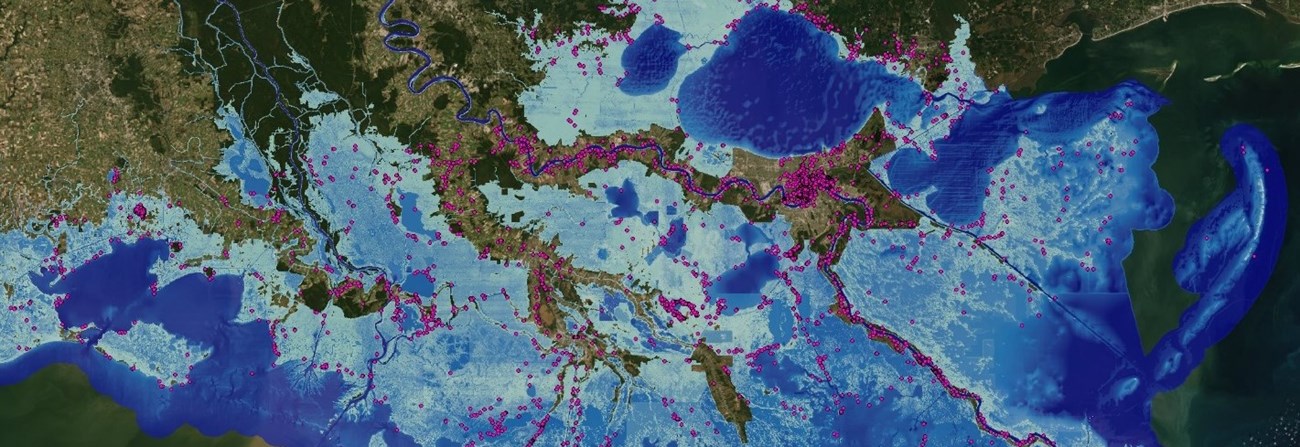
Mississippi River Delta Archeological Mitigation Project
The Mississippi River Delta Archeological Mitigation Project (MRDAM) is a research consortium that aims to document and preserve archeological sites in Louisiana before they disappear due to the effects of climate change, storm surges, and modern development. The project uses a geographic information system database to rank sites for excavation or preservation, and fieldwork was conducted to visit 21 archeological sites, six of which were underwater. By collecting information on coastal erosion, sea level rise, and archeological sites, the project aims to make predictions about the impacts of climate change and human activities. This project helps us understand how human settlements have adapted to natural processes and will provide valuable insights for future generations to appreciate the cultural heritage that is at risk of being lost due to environmental changes and unsustainable development practices.
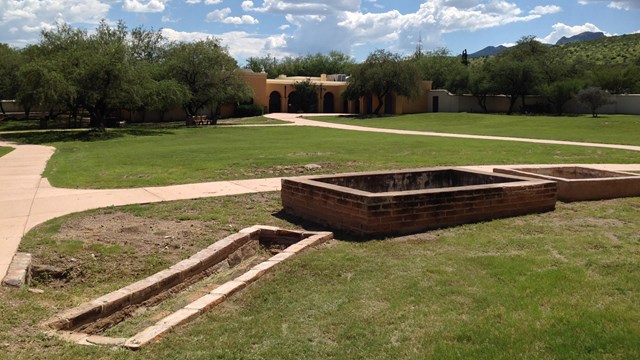
The Preservation Technology and Training (PTT) Grants program provides funding for innovative research.
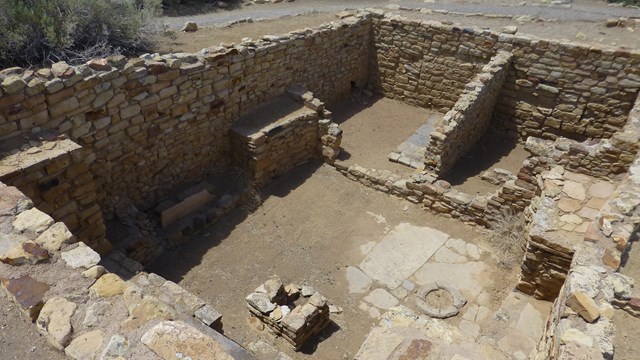
Materials published by the Archeology and Collections program.
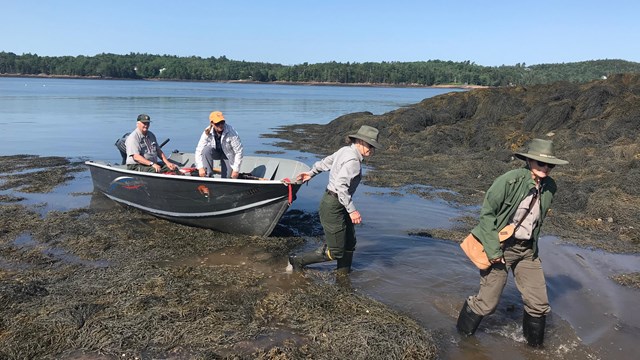
A wide variety of virtual and in-person training opportunities
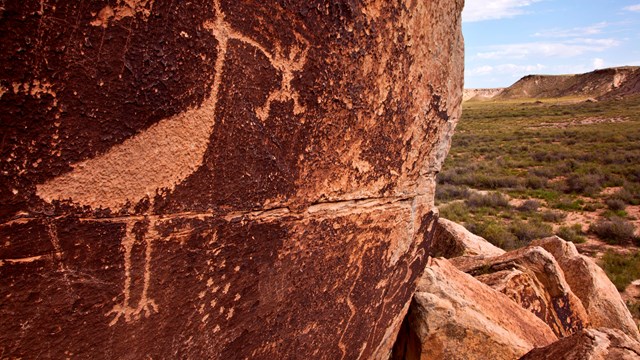
In-house research being conducted by Archeology & Collections Program
Last updated: April 7, 2025
